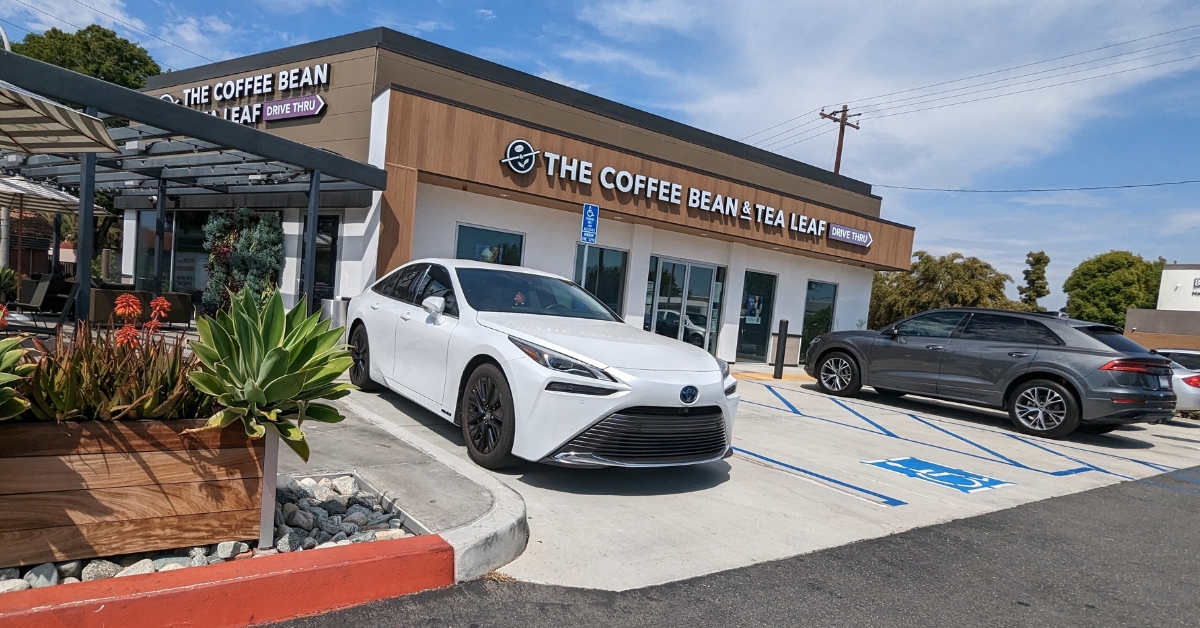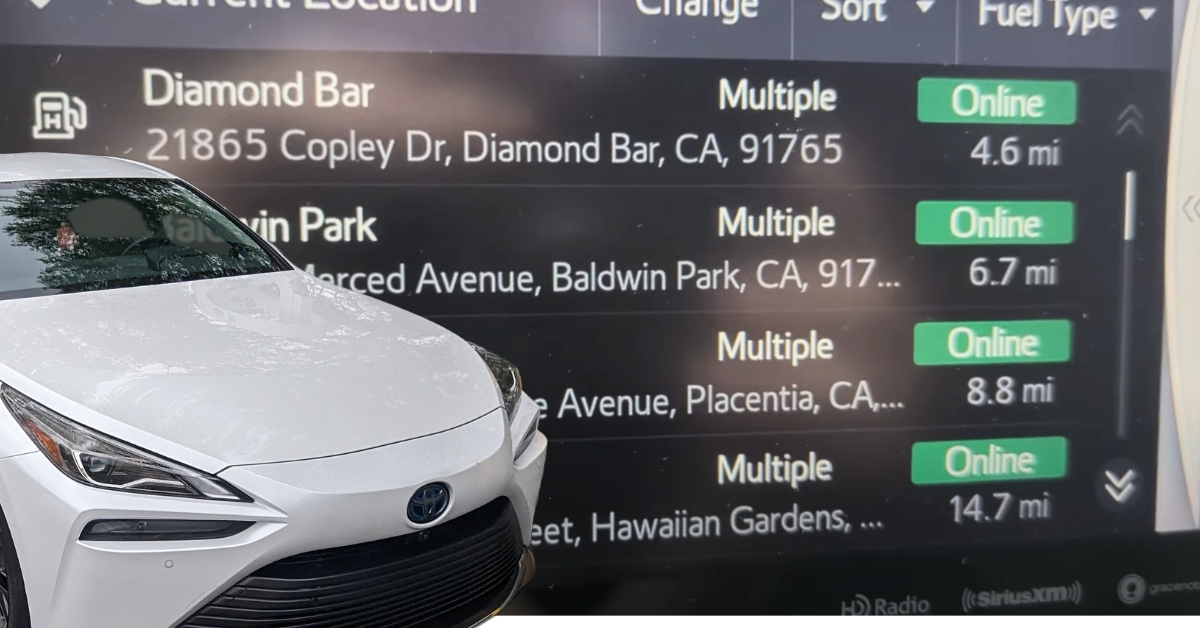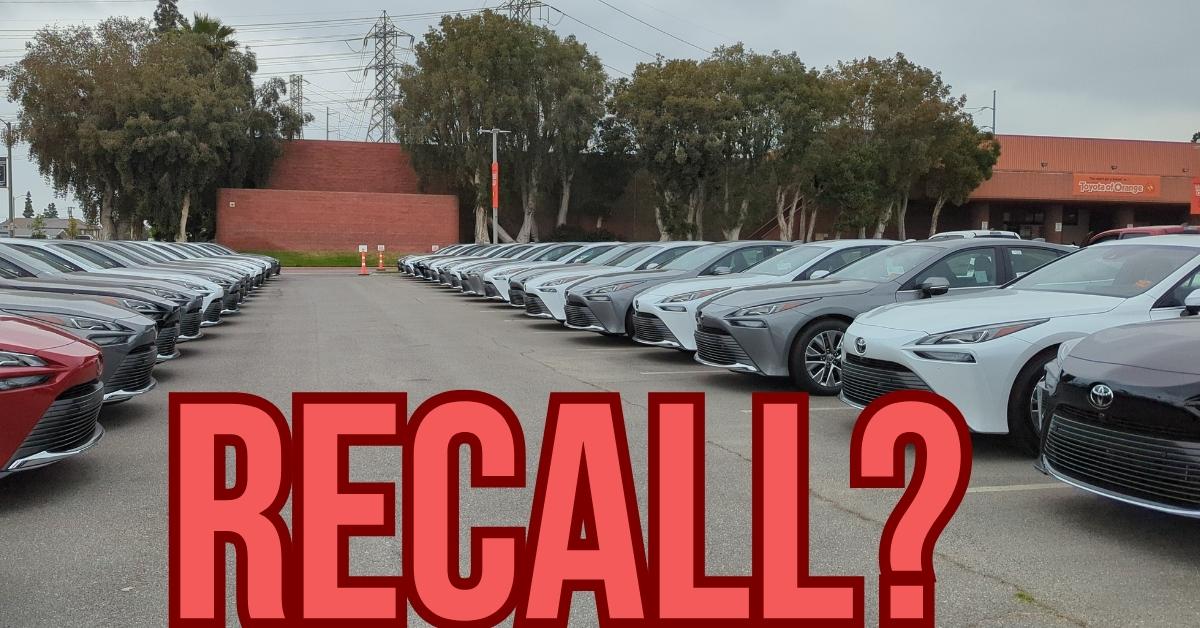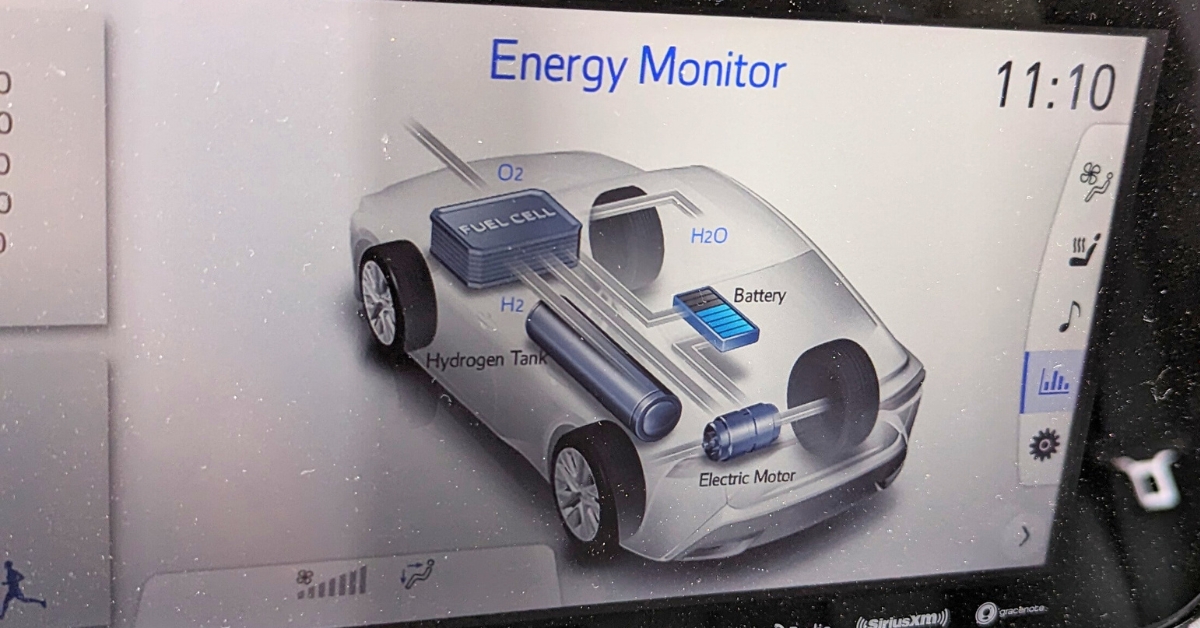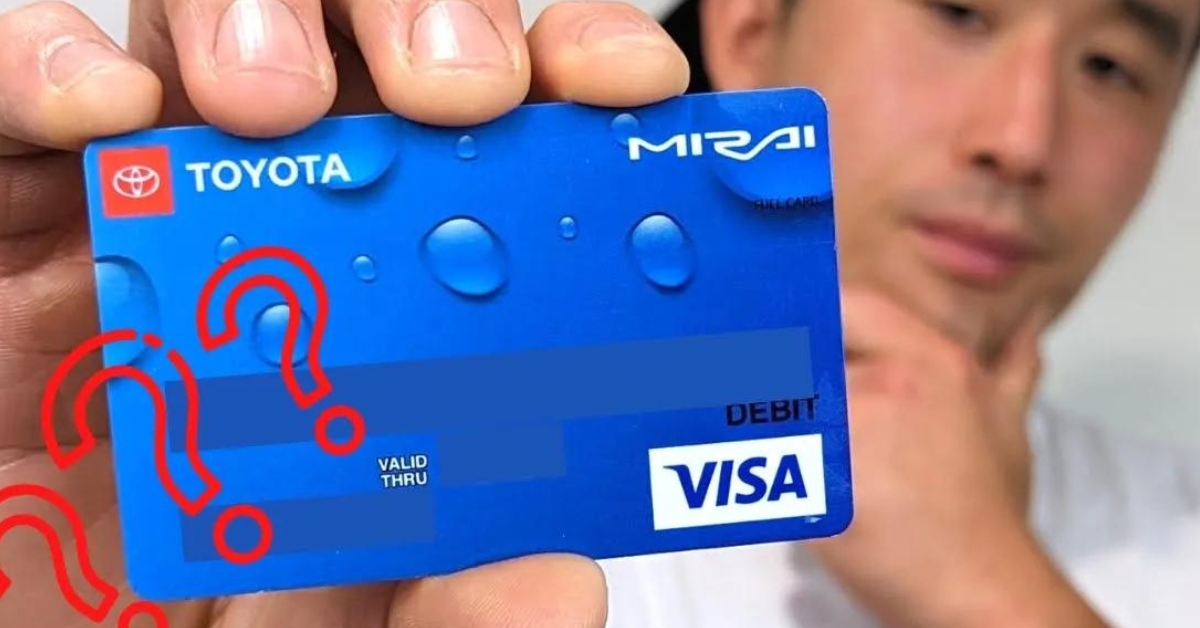The automotive industry is witnessing a paradigm shift towards sustainable and eco-friendly transportation solutions, and one of the leading contenders in this arena is the Toyota Mirai. As a hydrogen fuel cell vehicle (FCV), the Mirai represents Toyota’s commitment to revolutionizing the automotive landscape with zero-emission technology. However, when considering the reliability of a relatively new and advanced technology like fuel cell vehicles, it is essential to evaluate various factors. In this article, we delve into the reliability of the Toyota Mirai, analyzing its performance, durability, safety, and Toyota’s track record in delivering dependable vehicles.
Performance and Efficiency:
The Toyota Mirai boasts an impressive performance, thanks to its advanced fuel cell technology. Its electric motor delivers instantaneous torque, resulting in a smooth and responsive acceleration. The Mirai’s fuel cell stack efficiently combines hydrogen and oxygen to produce electricity, powering the vehicle without the need for combustion. This technology ensures near-silent operation and reduced vibration, enhancing the overall driving experience.
Moreover, the Mirai offers a commendable driving range, enabling drivers to cover substantial distances on a single hydrogen refueling. The latest generation of Mirai boasts an increased range compared to its predecessor, alleviating concerns about limited refueling infrastructure.
Durability and Longevity:
When it comes to reliability, durability and longevity play crucial roles. Toyota has a long-standing reputation for producing robust and long-lasting vehicles, and the Mirai inherits this heritage. The fuel cell stack and related components undergo rigorous testing and validation to ensure durability and performance under various conditions.
Additionally, Toyota has invested substantial resources in researching and improving the longevity of fuel cell technology. The latest iteration of the Mirai benefits from advancements in materials, construction techniques, and system optimization, contributing to enhanced reliability and longevity.
Safety and Maintenance:
Safety is of paramount importance in any vehicle, and the Toyota Mirai prioritizes the well-being of its occupants. The Mirai incorporates a comprehensive suite of advanced safety features, including multiple airbags, stability control systems, lane departure warning, adaptive cruise control, and forward collision warning. These technologies help mitigate risks and enhance the overall safety of the vehicle.
Maintenance for the Mirai is similar to that of conventional vehicles, with periodic checks and maintenance schedules for components such as brakes, tires, and suspension. However, the fuel cell system requires specialized maintenance, typically performed by certified technicians. Toyota ensures a comprehensive service network and expert training for technicians, minimizing maintenance-related concerns for Mirai owners.
Toyota’s Track Record:
Toyota has established a reputation for manufacturing reliable vehicles over the years. This commitment to quality is exemplified through vehicles like the Camry, Corolla, and Prius, which have consistently garnered accolades for their dependability. Toyota’s extensive experience and expertise in hybrid technology have paved the way for the development of fuel cell vehicles, such as the Mirai.
The automaker’s focus on continuous improvement, backed by robust research and development, has allowed them to refine their fuel cell technology and address any potential reliability concerns. Toyota’s ongoing investments in fuel cell infrastructure development also indicate their commitment to the long-term reliability and viability of the Mirai.
Conclusion:
As an early pioneer of hydrogen fuel cell technology, the Toyota Mirai showcases impressive reliability, leveraging Toyota’s extensive experience in producing dependable vehicles. With advancements in performance, durability, safety features, and Toyota’s commitment to innovation, the Mirai offers a compelling and reliable zero-emission alternative in the automotive market.
While the fuel cell technology in the Mirai represents a departure from conventional internal combustion engines, Toyota’s track record and dedication to research and development ensure that the Mirai is a reliable and practical choice for those seeking sustainable transportation options. As infrastructure continues to grow, hydrogen fuel cell vehicles like the Mirai hold promise for a cleaner and greener future on our roads.

